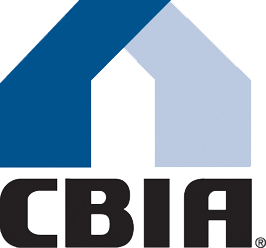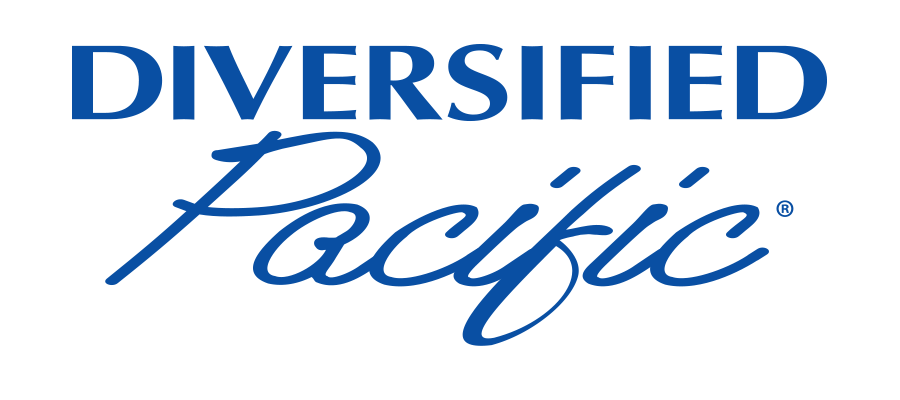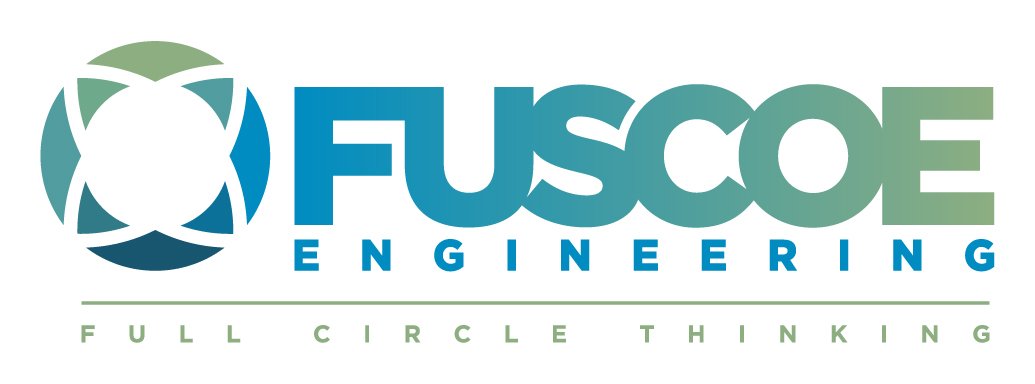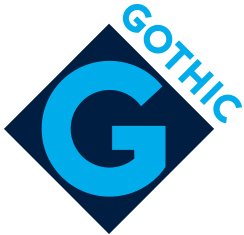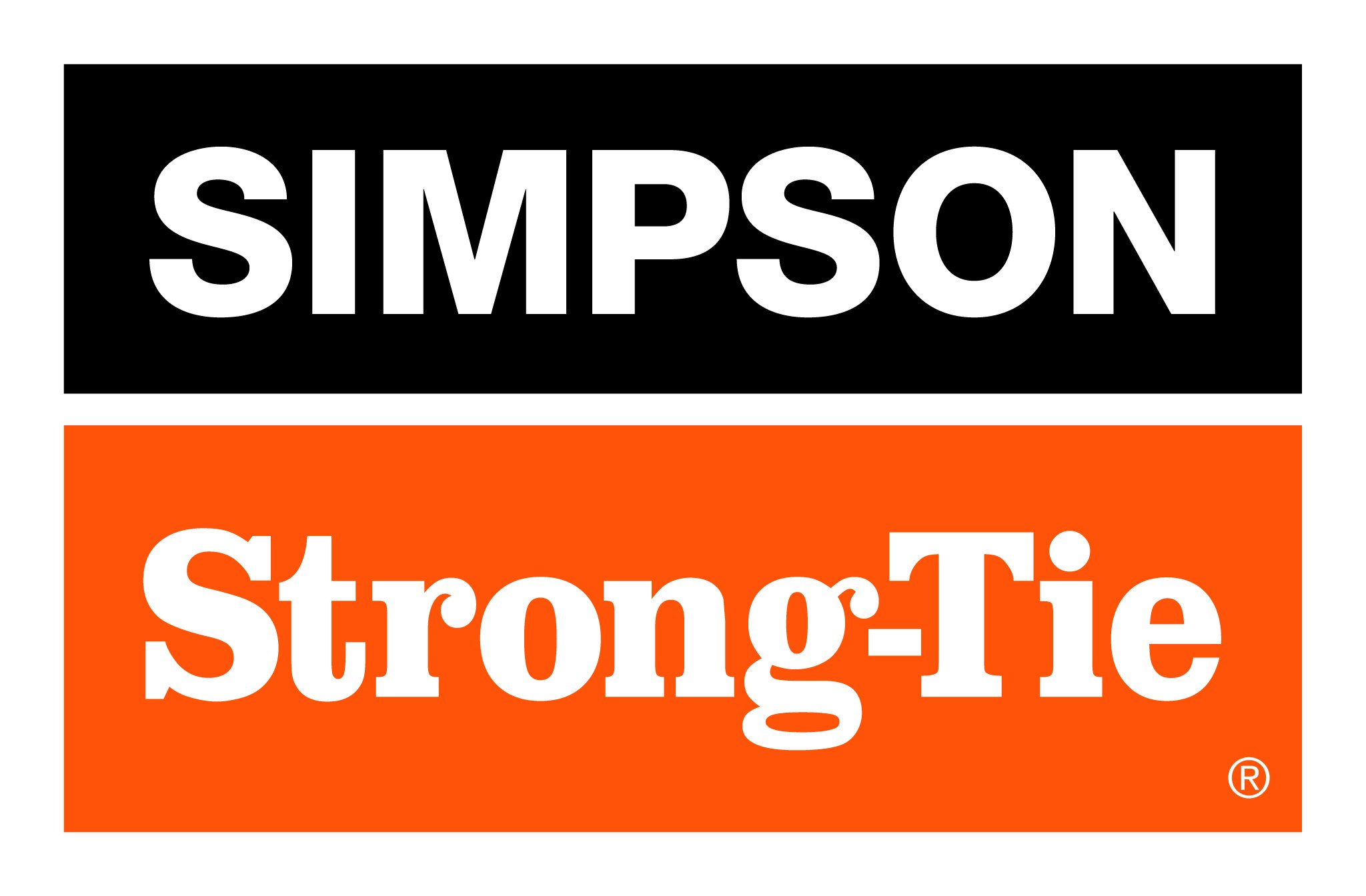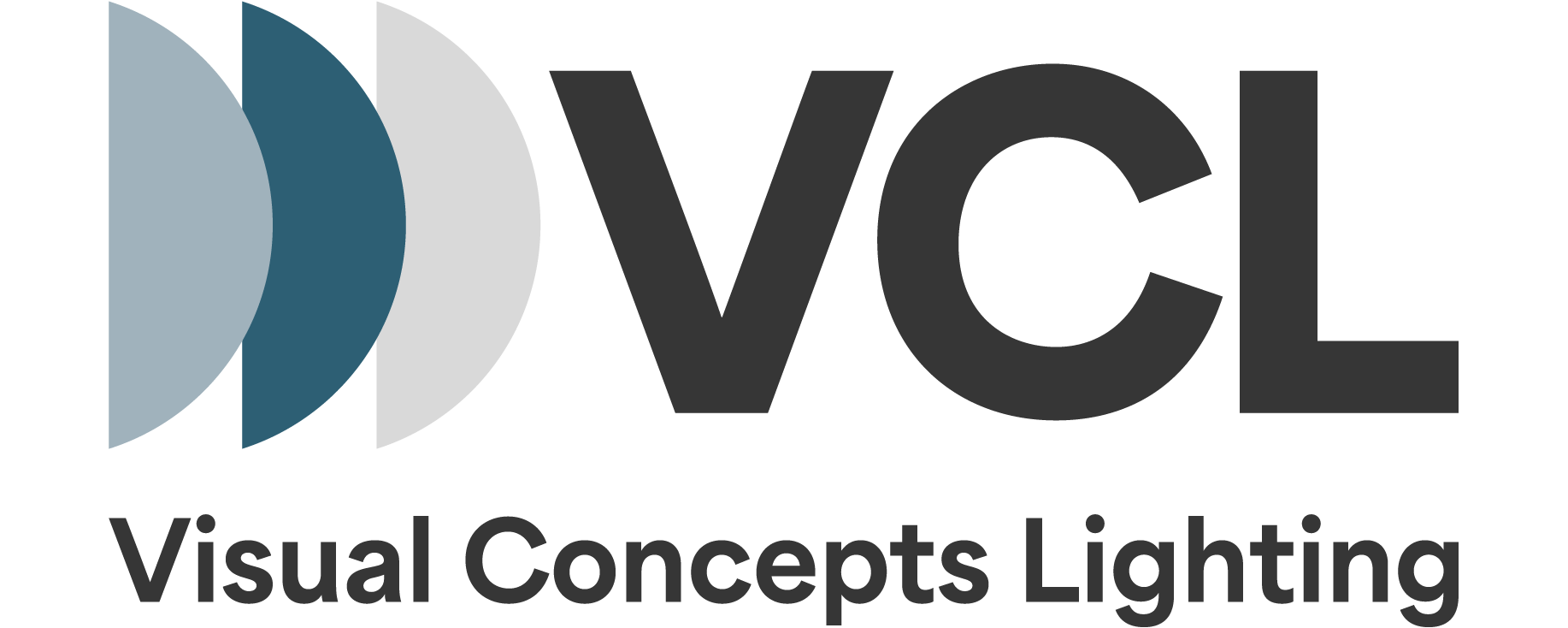Image by Walker Realtor Group
by Phillip B. Burum, Executive Vice President, Diversified Pacific,
President, Building Industry Association (BIA) Baldy View Chapter
It’s the biggest and likely the best investment most Americans will ever make. Despite all of the recent rhetoric about tax reform hurting homeowners, the facts are that most Americans qualify for significant tax benefits through home ownership. Home owners can take advantage of several sources of tax savings related to their home including: deductions for real estate taxes, the capital gains exclusion for the sale of a principal residence and the Mortgage Interest Deduction or MID among others.
As always, check with a tax specialist before availing yourself of these deductions.
Deductions for Mortgage Interest (MID) means home owners who itemize their federal income tax deductions can deduct 100 percent of their mortgage interest payments on a first or second home for up to $1 million of mortgage debt. The Mortgage Interest Statement Form 1098, which home owners receive from their lenders, shows the total amount of home mortgage interest paid during the year. Homeowners also can deduct the interest paid on up to $100,000 of home equity loans. For most home owners, this means they can deduct all of the mortgage interest they've paid on their home each year.
Real Estate Tax Deduction allows homeowners to deduct state and local real estate taxes they pay each year on an owner-occupied home.
The Capital Gains Exclusion means when it is time to sell a home, in many cases home owners don’t have to pay capital gains tax on the profit from the sale. Under present law, married couples who have owned and occupied their principal residence for at least two of the past five years do not have to pay any taxes on the first $500,000 in profits from the sale of their home. Single filers earn up to $250,000 tax free.
Another deduction home owners may be able to take is for mortgage insurance premiums. Generally, people who purchase a home without putting 20 percent down have to buy mortgage insurance, and those premiums can also be deducted from taxable income. Even home owners who don’t use the home as their principal residence and rent it out may be able enjoy some ta x benefits, including interest and depreciation deductions.
In addition, for homeowners who maintain a home office – there are also tax deduction opportunities according to Bankrate.com Contributing Tax Editor Kay Bell:
The original or regular, home office deduction is an itemized option that requires the individual to itemize the specific expenses related to a home office. The list can include direct expenses, such as new lighting or other physical features, as well as indirect expenses like a portion of your home’s utility bills.
The simplified home office deduction method uses the worksheet in the Schedule C instructions. This six-line page (with a few sublines for some entries) allows you to deduct the square footage of your home office at $5 per square foot up to a maximum $1,500.
While the simplified method is easier to claim, some basic home office deduction rules remain in effect.
The qualifications for claiming this deduction include that the home office area be used regularly for work tasks, as well as exclusively for your business needs. The home office doesn’t have to be a separate room, but it must be a clearly delineated area, such as a desk.
Again, the laws are complex, so check with your tax preparer or a specialist before filing.
The BIA Baldy View Chapter seeks to advance the opportunity to attain the American Dream of home ownership. For additional information on homebuying, home improvements or the benefits of homeownership, go to www.biabuild.com on the web.



